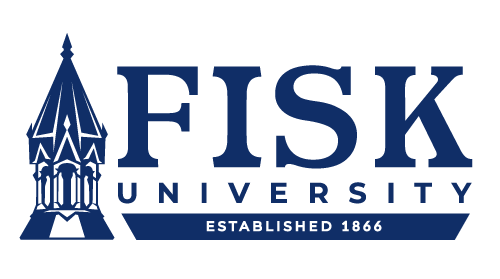Accessibility & Sustainability
Editorial Statement
Our editorial approach is guided by a commitment to transparency, respect for Black educational histories, and recognition of community knowledge. We acknowledge that archival materials often reflect the biases of the institutions that created and preserved them. Through our descriptive practices and interpretive framing, we aim to offer context that surfaces the agency of Black communities while critically addressing the structures of inequality that shaped the original records.
All metadata has been created or revised by a trained team of archivists, librarians, students, and scholars following standardized practices adapted to the needs of this collection. We prioritize clarity, consistency, and accessibility while acknowledging the historical specificity of language. Descriptive terms may reflect the original documentation; however, we strive to balance historical accuracy with ethical responsibility. Editorial decisions—including item selection, arrangement, metadata vocabulary, and file naming conventions—have been documented and are continuously reviewed. This site represents a living collection: users may encounter updates or revisions as the project grows, our team learns more, and community feedback is incorporated.
We recognize the emotional weight these records may carry for descendants of Rosenwald School communities and the broader public. Our team remains committed to ethical digitization practices, responsible stewardship, and meaningful access.
Statement on Historical Language
The Julius Rosenwald Fund Archives contain historical documents that reflect the language and terminology used during the early 20th century. Some materials include terms such as Negro and Colored, which were commonly used during the time period in which these records were created. While these terms were standard at the time, we recognize that they may be outdated or offensive to modern audiences.
As stewards of these historical records, we are committed to preserving the integrity of the original documents while also acknowledging the evolving nature of language. These materials are presented in their original form to maintain historical accuracy and provide an unaltered view of the past. The use of such language in archival documents does not reflect the values of Fisk University or the Forging Future Pathways project but rather serves as a reminder of the historical context in which these records were created.
We understand that encountering this language may be difficult for some visitors. Our goal is to provide access to these materials in a way that fosters education, research, and reflection on the history of African American education and philanthropy. If you have any questions or concerns about the language used in these historical records, please feel free to reach out to our team.
Accessibility Statement
The Rosenwald Collections Portal has been developed in consideration of the Web Content Accessibility Guidelines (WCAG)'s principles of creating perceivable, operable, understandable, and robust websites. This project also supports the accessibility goals stated in the Omeka S documentation.
Sustainability Statement
Every database utilizes a unique metadata schema based on Dublin Core standards. This metadata is collected in Excel spreadsheets and then converted into CSV files for inclusion in the database and Archival Information Packages (AIPs).
